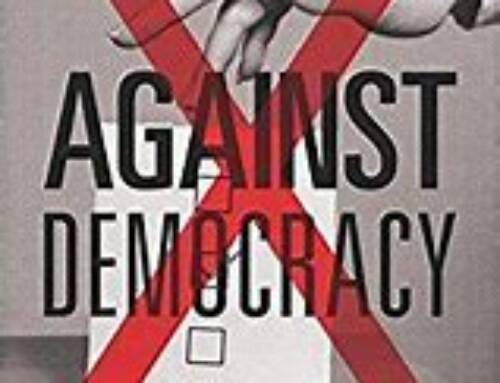Erik Larson’s bestseller, In the Garden of Beasts, begins in June of 1933 when Franklin Roosevelt appoints William E. Dodd, a 64-year-old history professor at the University of Chicago, to become ambassador to Germany. Dodd’s political and diplomatic skills are minimal, but he accurately reports back to the state department what is happening and he is routinely ignored. Dodd had no delusions about Hitler but did hope to find some decent people around him. Instead, he discovered that the whole gang was nothing but “a horde of criminals and cowards.”
Although war did not break out until Germany invaded Poland in 1939, between 1933-1939 there were numerous opportunities to stop Hitler. In October of 1933 he announced that Germany would pull out of the League of Nations and effectively nullify the Treaty of Versailles, which had ended World War I. That meant that Germany would rearm. France, Poland and Czechoslovakia could easily have overwhelmed the small German army at that time, but failed to take action. As priests and others who disagreed were hauled off to concentration camps, no outcry came from those with influence. When internal bickering in the Nazi Party led to assassinations, fear and tension within Germany, President Hindenburg threatened to take over the government through martial law, but he failed to follow through and allowed Hitler to proceed. Hitler knew he could have been stopped along the way, and was gleeful at the weakness of his adversaries, both foreign and domestic.
Tragic consequences resulted from the failure to stand up against those who created laws to discriminate against Jews, homosexuals and the mentally ill, as well as political adversaries. In Germany, when some people eventually wanted to stand up and object, it was too late. In the United States, there is no fear of a concentration camp or imprisonment if we object against discrimination and unbalanced legislation, yet we fail to act. What is stopping us?







